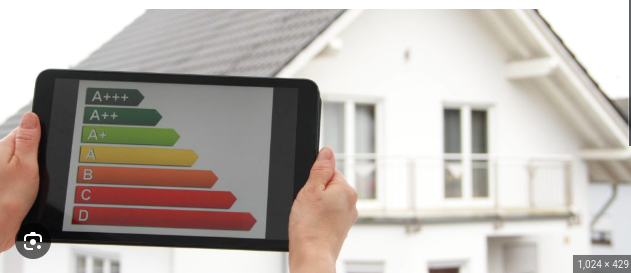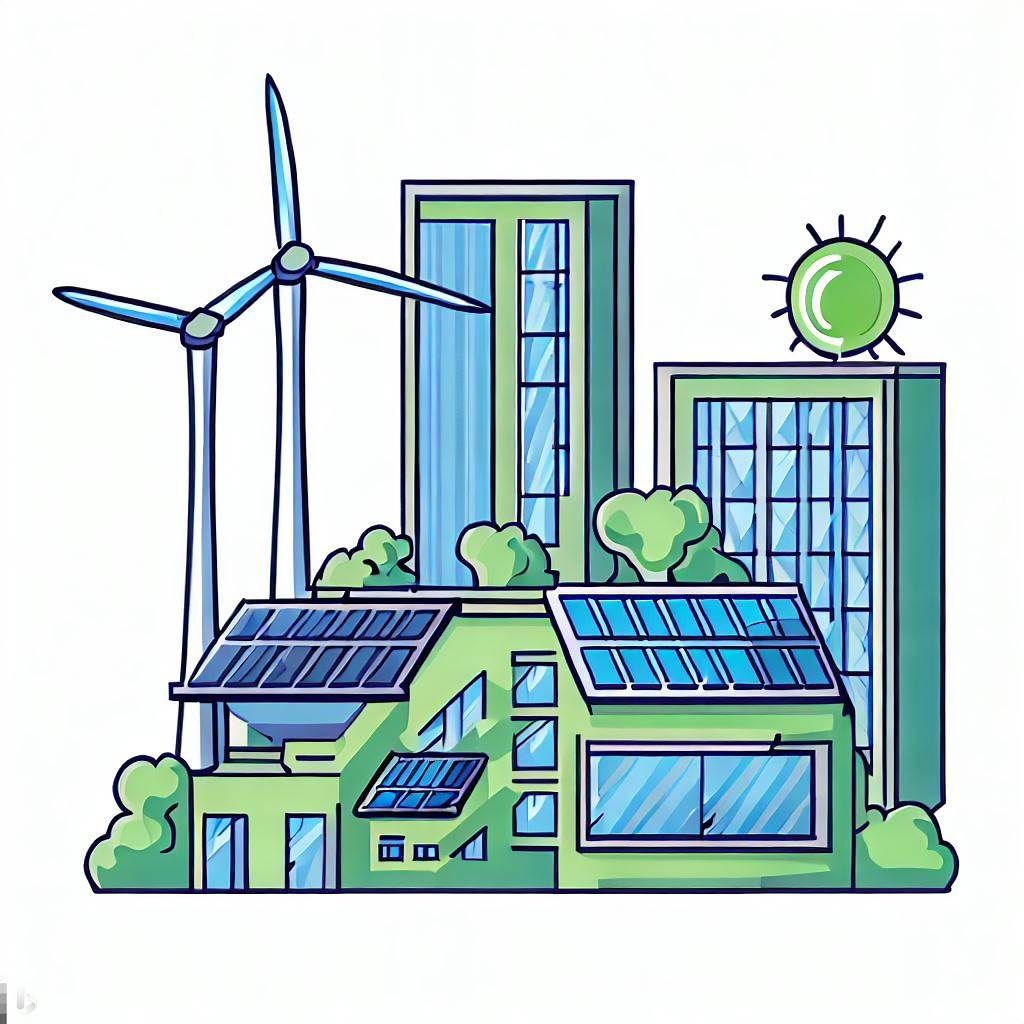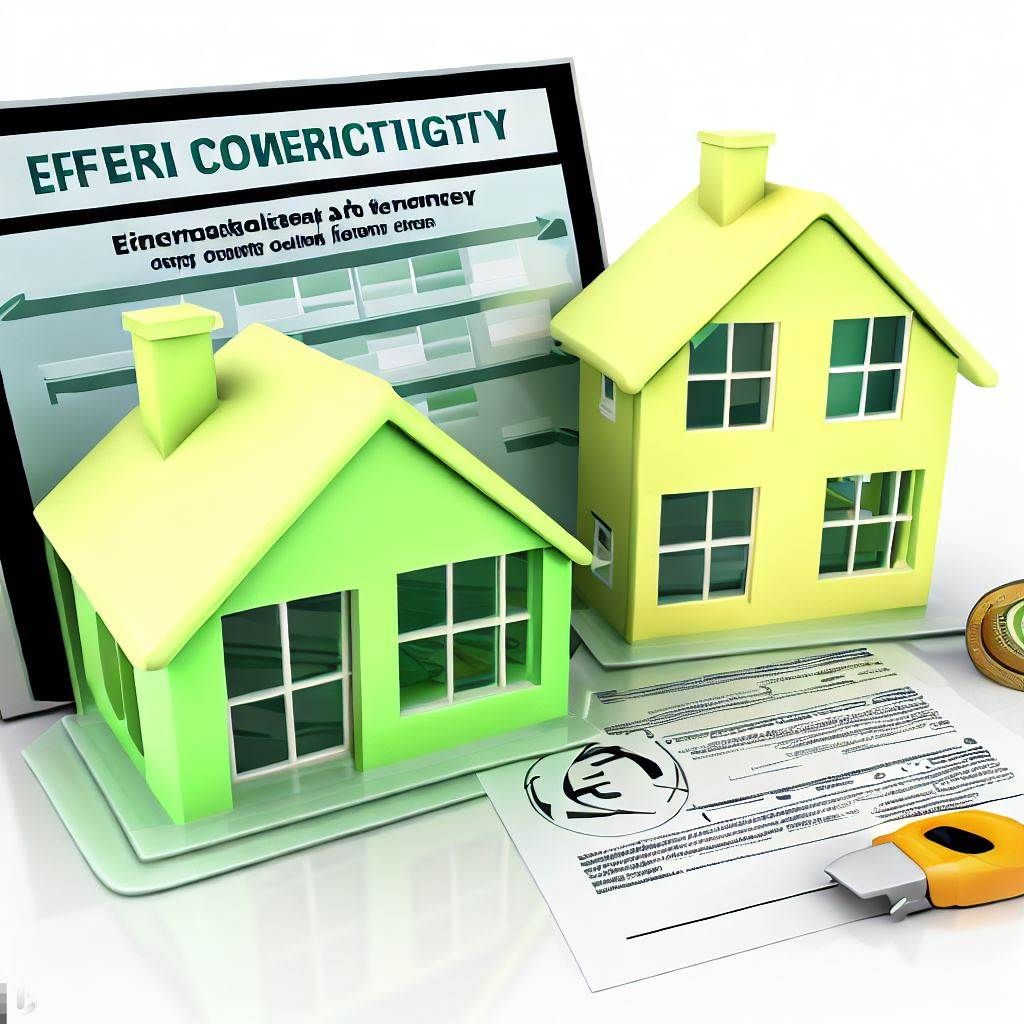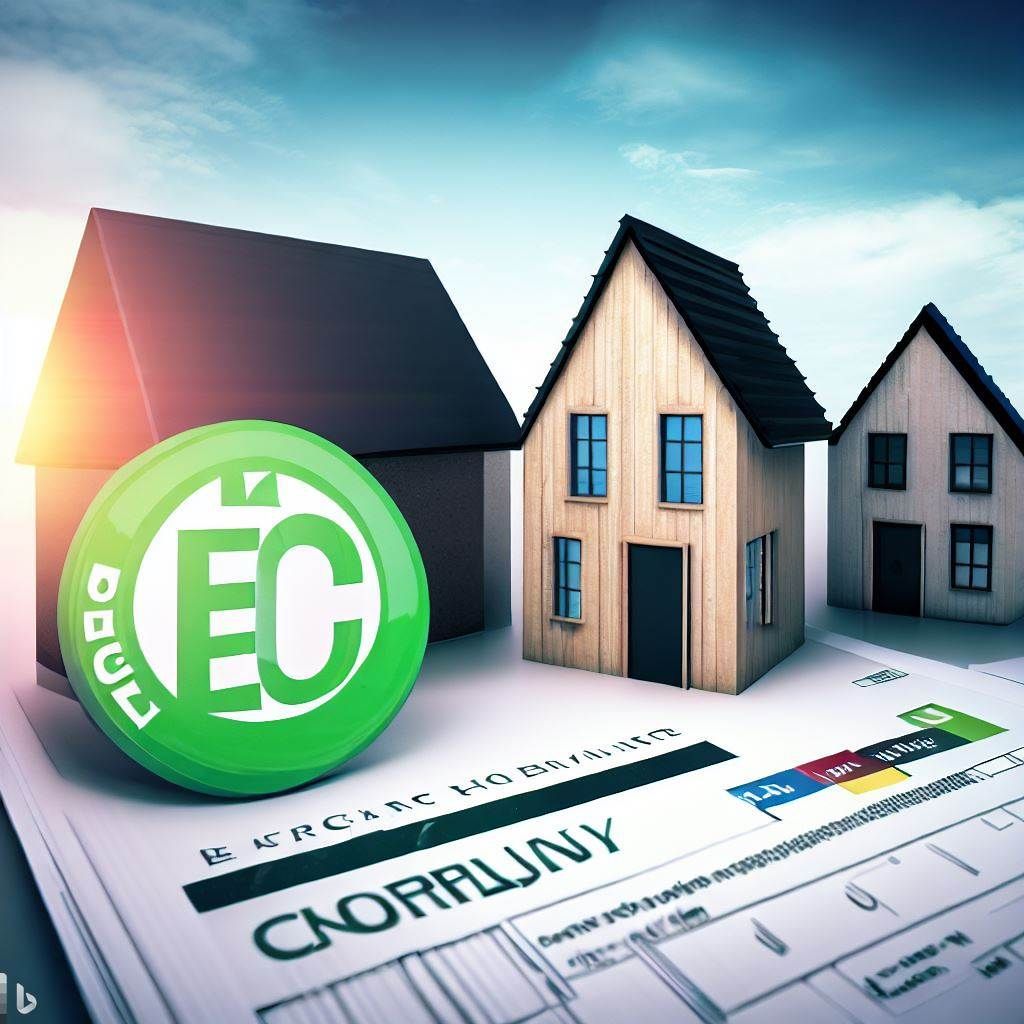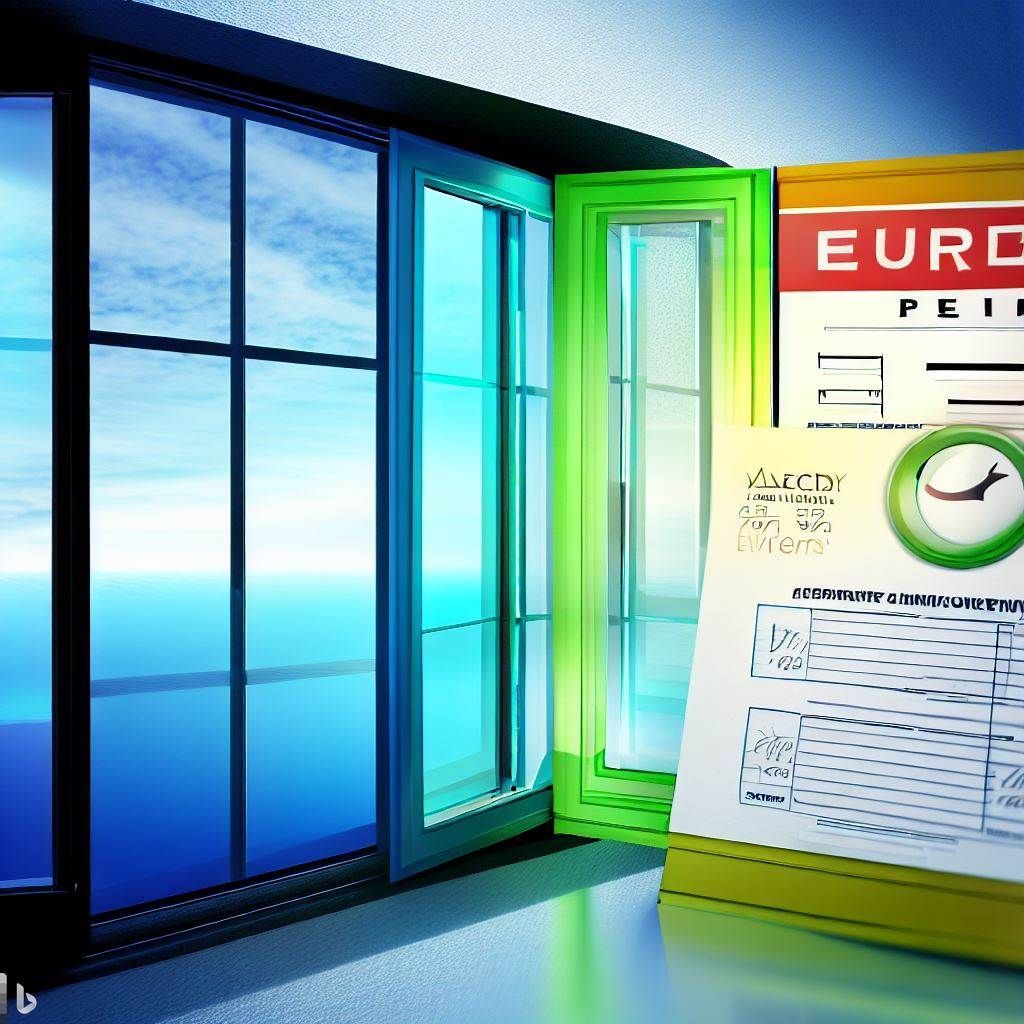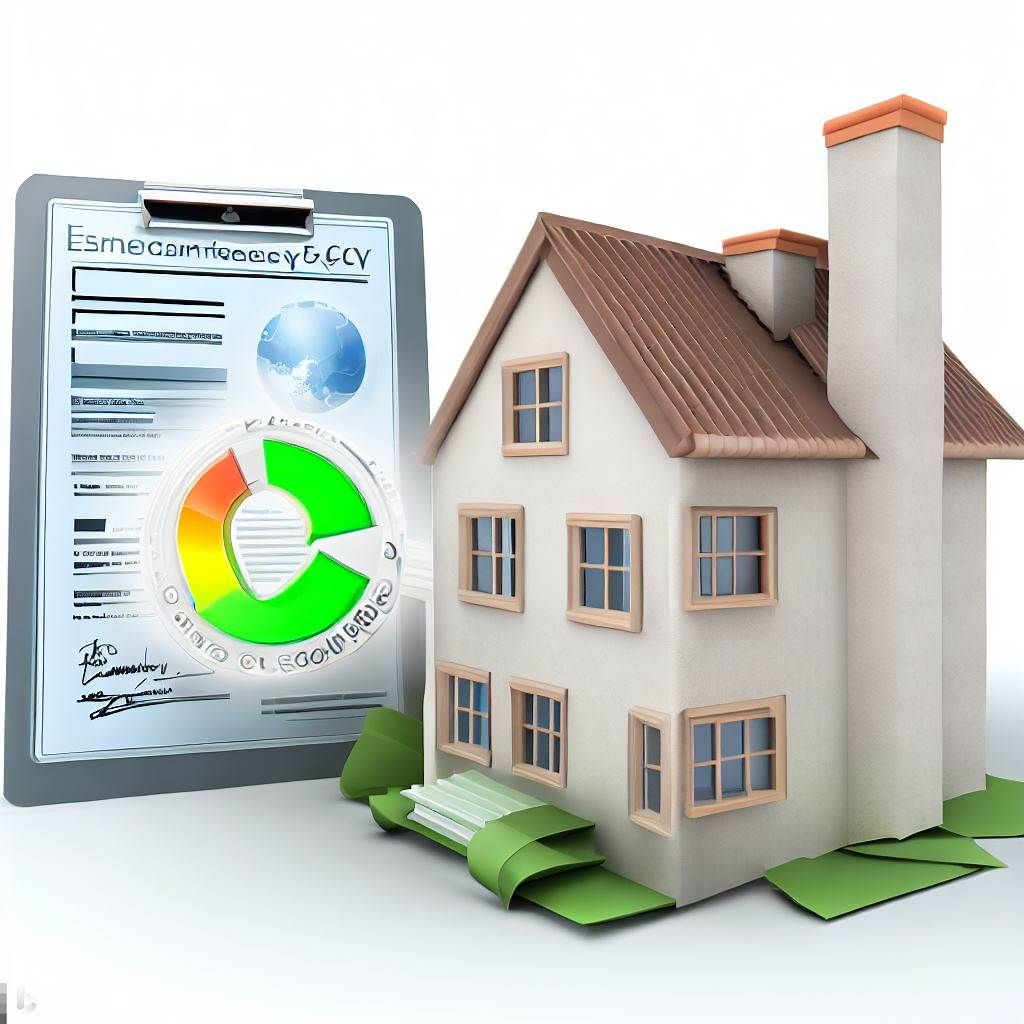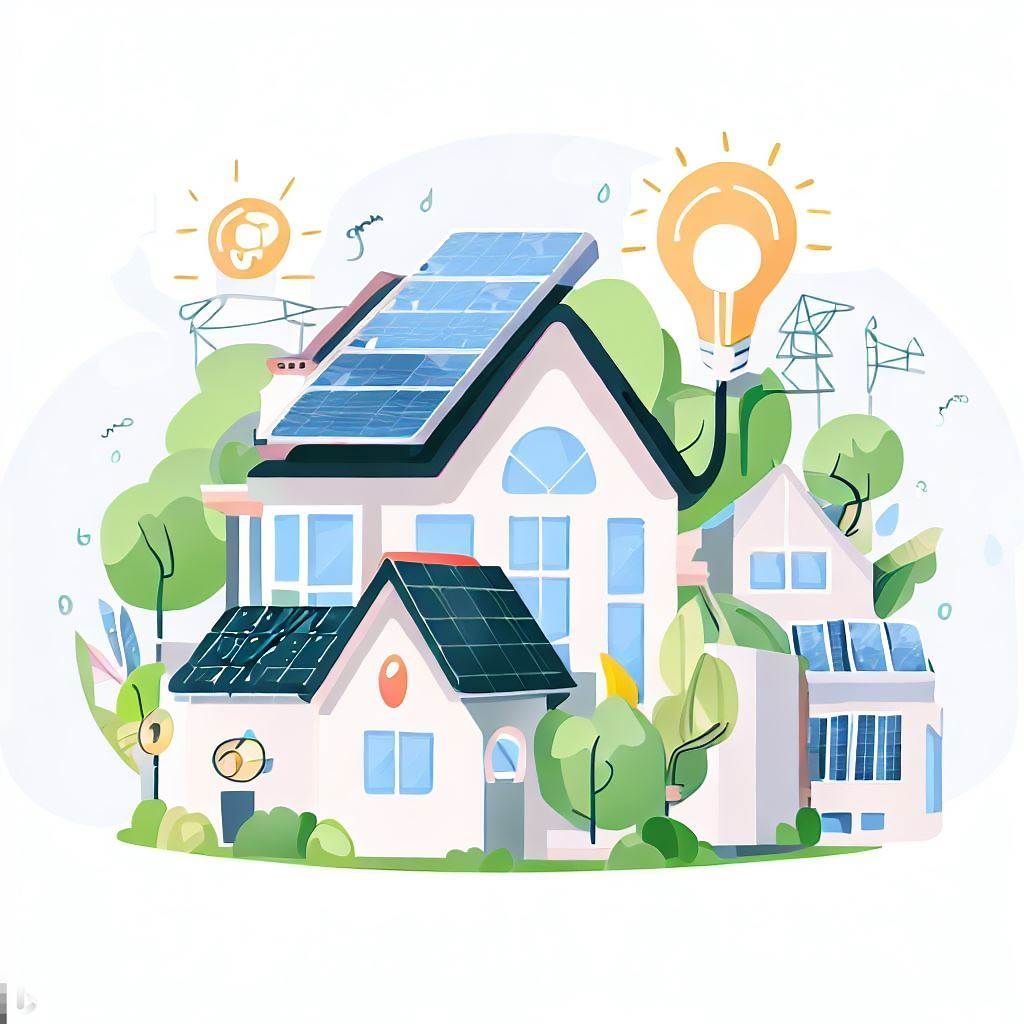Domestic Energy Assessor Free? No, But A Worthwhile Investment!
My Guide On Why A Domestic Energy Assessor Course Is Not Free.
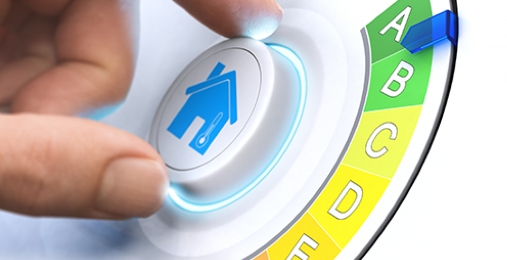
Introduction:
Domestic Energy Assessor Course Free? No, but are you passionate about energy efficiency and sustainable living? Do you aspire to play a crucial role in reducing carbon footprints and promoting eco-friendly practices in households? If so, a career as a domestic energy assessor might be the perfect fit for you. While it's important to understand that embarking on this path requires a financial investment, the rewards and opportunities that come with becoming a certified domestic energy assessor make it a worthwhile endeavour.
Understanding the Domestic Energy Assessor Course:
A domestic energy assessor is a trained professional responsible for assessing and rating the energy efficiency of residential properties. Their expertise helps homeowners, landlords, and tenants make informed decisions about energy consumption and improve the overall energy efficiency of their dwellings. To become a qualified domestic energy assessor, individuals must undertake a comprehensive training course.
The Importance of a Paid Course:
It's crucial to acknowledge that pursuing a domestic energy assessor certification involves a financial commitment. While there are numerous free courses available in various fields, the specialised nature of domestic energy assessment necessitates a comprehensive program that covers technical knowledge, practical skills, and regulatory requirements. These aspects require expert guidance, quality study materials, and evaluation mechanisms, all of which come at a cost.
Investing in your Education and Career:
Enrolling in a paid domestic energy assessor course offers several benefits that outweigh the initial expense:
- Comprehensive Curriculum: Paid courses provide a well-structured and detailed curriculum designed to cover all the essential aspects of domestic energy assessment. This ensures that you acquire the necessary knowledge and skills to excel in this field.
- Expert Guidance: With a paid course, you gain access to experienced instructors who can provide mentorship and guidance throughout your learning journey. Their expertise and industry insights are invaluable in shaping your understanding of energy assessment practices.
- Quality Study Materials: Paid courses often include high-quality study materials, such as textbooks, reference guides, and online resources. These materials serve as valuable references even after completing the course, helping you stay updated with the latest developments in energy efficiency.
- Practical Training: Many paid courses offer hands-on training and practical exercises, allowing you to apply theoretical concepts in real-world scenarios. This practical experience is vital for building confidence and competence as a domestic energy assessor.
- Industry Recognition and Accreditation: Opting for a paid course ensures that your certification is widely recognised and accredited by relevant industry bodies. This recognition enhances your professional credibility and increases your chances of securing employment or establishing your own energy assessment business.
- Networking Opportunities: Paid courses often provide opportunities to connect with professionals in the field. Engaging with peers and industry experts can lead to valuable networking, collaborations, and mentorship, opening doors to potential career advancements.
Conclusion:
While the cost of a domestic energy assessor course may deter some individuals, it's important to view it as an investment in your education, skills, and future career prospects. The specialised knowledge and expertise gained through a paid course will enable you to make a significant impact in promoting energy efficiency and sustainability in residential properties. So, consider the long-term benefits and seize the opportunity to become a qualified domestic energy assessor, contributing to a greener and more sustainable future.

